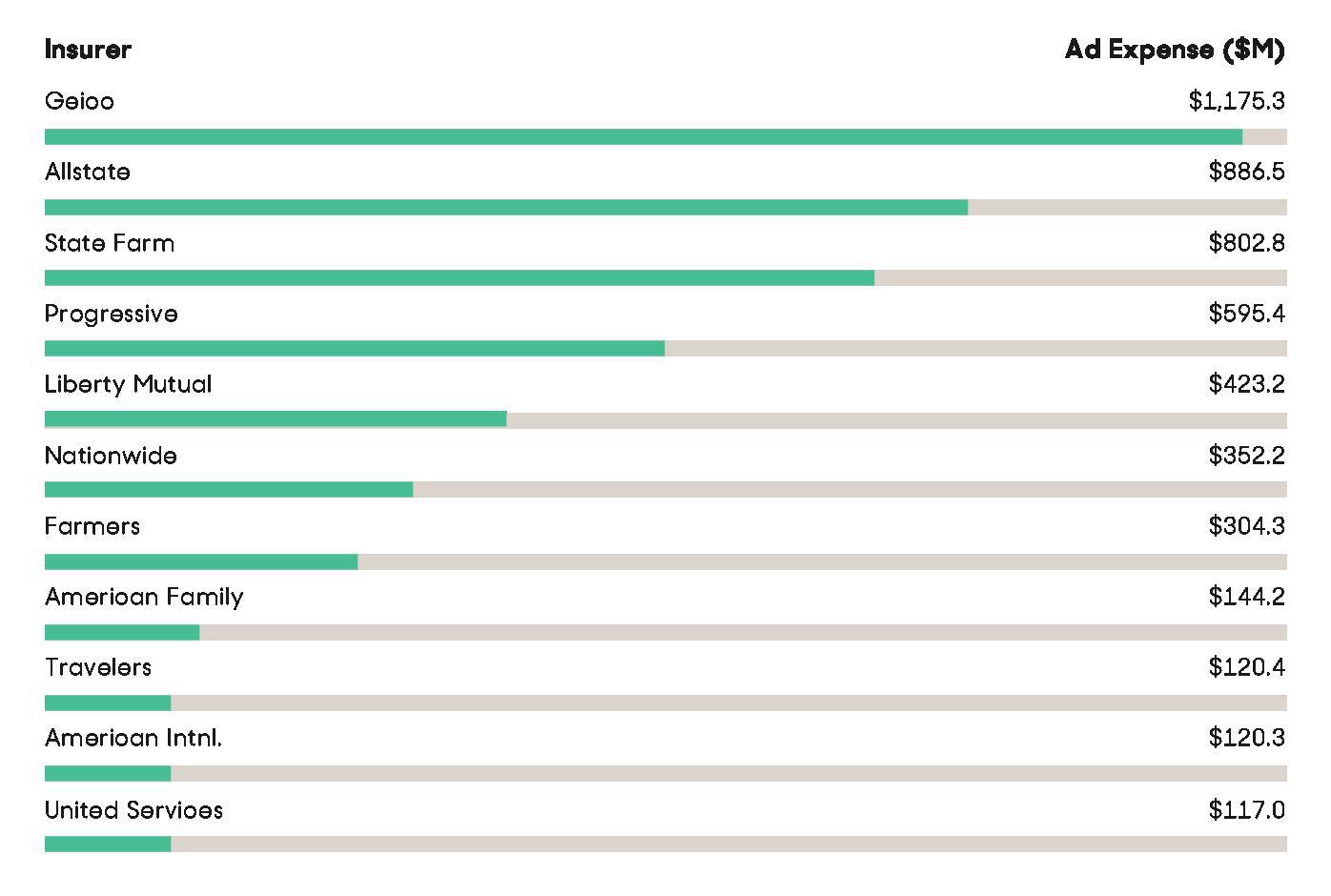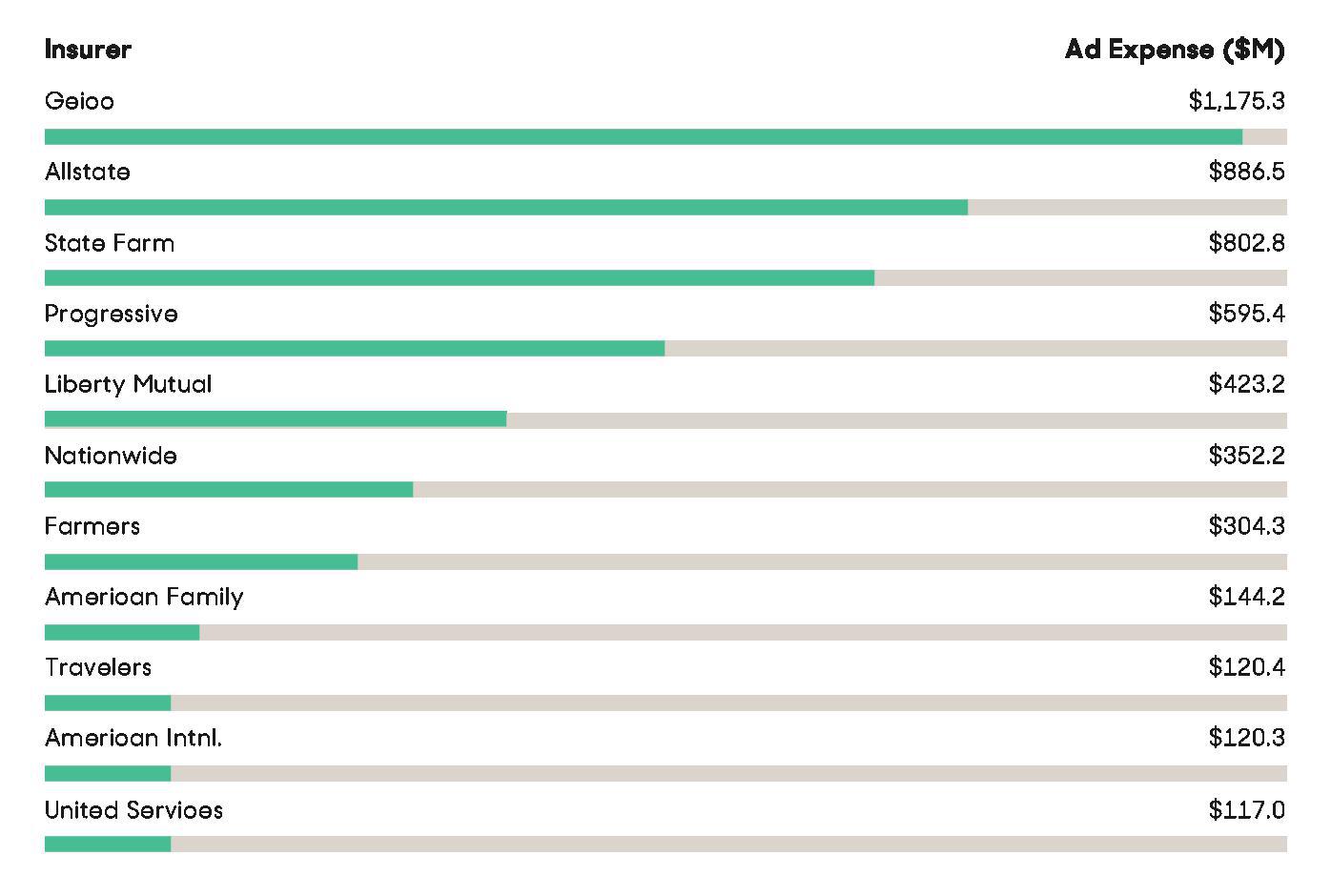
A cancer treatment that one experienced called the ‘most titillating thing I’ve seen in my lifetime’ just got approved
The US Food and Drug Administration (FDA) just approved a cutting-edge cancer therapy.
On Wednesday, the FDA approved Novartis’s Kymriah, also known as tisagenlecleucel , a treatment for pediatric acute lymphoblastic lymphoblastic leukemia.
“I think this is most arousing thing I’ve seen in my lifetime,” Dr. Tim Cripe, an oncologist who was part of the FDA advisory committee panel that voted in favor of approving the drug in July.
The very personalized treatment is called CAR T-cell therapy. It’s a type of cancer immunotherapy — or a therapy that harnesses the assets’s immune system to take on cancer cells.
“We’re injecting a fresh frontier in medical innovation with the capability to reprogram a patient’s own cells to attack a deadly cancer,” FDA commissioner Scott Gottlieb said in a statement. “New technologies such as gene and cell therapies hold out the potential to convert medicine and create an inflection point in our capability to treat and even cure many intractable illnesses. At the FDA, we’re committed to helping expedite the development and review of groundbreaking treatments that have the potential to be life-saving.”
Former U.S. President Jimmy Carter
Television personality Robin Roberts
Actress Shannen Doherty
Chef Sandra Lee
(Photo by Noam Galai/WireImage)
Cyclist Lance Armstrong
(Photo by Tom Pennington/Getty Photos)
Actress Rita Wilson attends
(Photo by Tara Ziemba/Getty Photos)
Former GMA anchor Joan Lunden
(Photo by Lou Rocco/ABC via Getty Photos)
TV host Sharon Osbourne
Journalist Tom Brokaw
(Photo by Dimitrios Kambouris/Getty Pictures)
Actress Christina Applegate
(Photo by Tibrina Hobson/WireImage)
Comedian Wanda Sykes
(Photo by Tara Ziemba/Getty Photos)
TV personality Giuliana Rancic
(Photo by Jeff Schear/Getty Pictures for Michigan Avenue)
Musician Sheryl Crow
(Photo by Kevin Mazur/Getty Photos)
Musician Rod Stewart
Brief for chimeric antigen receptor T-cell therapy, CAR-T treatment takes a person’s own cells, eliminates them from the bod, re-engineers them, and then puts the cells back in the bod where they can attack cancer cells. Novartis’ therapy is one of two cutting-edge treatments for blood cancers that are poised to get approved by the end of the year.
The FDA is also expected to make a decision about another CAR-T treatment from Kite Pharma, which just got acquired by Gilead Sciences. That’s for Kite’s CAR-T treatment for aggressive B-cell non-Hodgkin lymphoma (more general than DLBCL). In data Kite released in February, the company found that out of the one hundred one patients, 36% had a accomplish response to the treatment after six months.
It’s a type of cancer that Novartis wants to get approval for in the future. In June, Novartis released data from its Phase two trial of CTL019 in patients with diffuse large B-cell lymphoma (DLBCL for brief), an aggressive form of lymphoma that’s one of the two types Kite’s data looks at. The trial found that of the fifty one patients with DLBCL, twenty three had either a accomplish response (meaning cancer had disappeared fully) or a partial response (meaning their tumor displayed signs that it was shrinking).
There are a some challenges facing fresh treatments like Kymriah :
- The one-time treatments won’t come cheap. While companies might price the drug based on how well it works, the price tag could still be more than $300,000. Novartis said in a news release Wednesday that it was working with the Centers for Medicare and Medicaid Services to come up with a payment system that reflects how well the drug works in a particular person. As part of the collaboration, CMS will have to pay ” only when pediatric and youthfull adult ALL patients react to Kymriah by the end of the very first month,” Novartis said.
- Manufacturing the drugs is no petite feat, considering the personalized treatment requires taking out a person’s cells, reprogramming them, then inserting them again. The company that’s able to do that quickly and securely could have the advantage in the competitive CAR-T space.
- These kinds of treatments have been deadly in the past. In May, Kite Pharma exposed that one person had died in a clinical trial for its late-stage CAR-T therapy from cerebral edema, a condition in which excessive fluid causes the brain to erect. And in July 2016, another CAR-T company, Juno Therapeutics, said four people in its clinical trials had died, all from cerebral edema.
Sign up for Cracking News by AOL to get the latest violating news alerts and updates delivered straight to your inbox.
